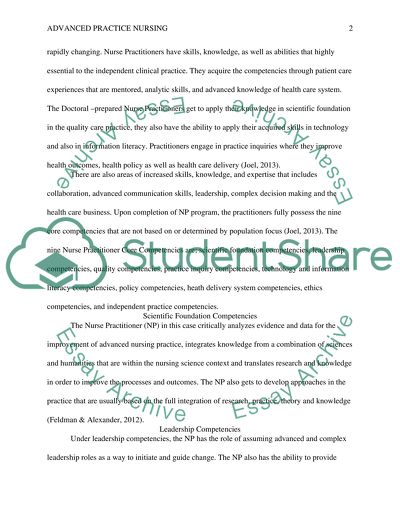Cite this document
(“APN Leader Interview Project Essay Example | Topics and Well Written Essays - 1250 words”, n.d.)
APN Leader Interview Project Essay Example | Topics and Well Written Essays - 1250 words. Retrieved from https://studentshare.org/nursing/1694996-apn-leader-interview-project
APN Leader Interview Project Essay Example | Topics and Well Written Essays - 1250 words. Retrieved from https://studentshare.org/nursing/1694996-apn-leader-interview-project
(APN Leader Interview Project Essay Example | Topics and Well Written Essays - 1250 Words)
APN Leader Interview Project Essay Example | Topics and Well Written Essays - 1250 Words. https://studentshare.org/nursing/1694996-apn-leader-interview-project.
APN Leader Interview Project Essay Example | Topics and Well Written Essays - 1250 Words. https://studentshare.org/nursing/1694996-apn-leader-interview-project.
“APN Leader Interview Project Essay Example | Topics and Well Written Essays - 1250 Words”, n.d. https://studentshare.org/nursing/1694996-apn-leader-interview-project.


